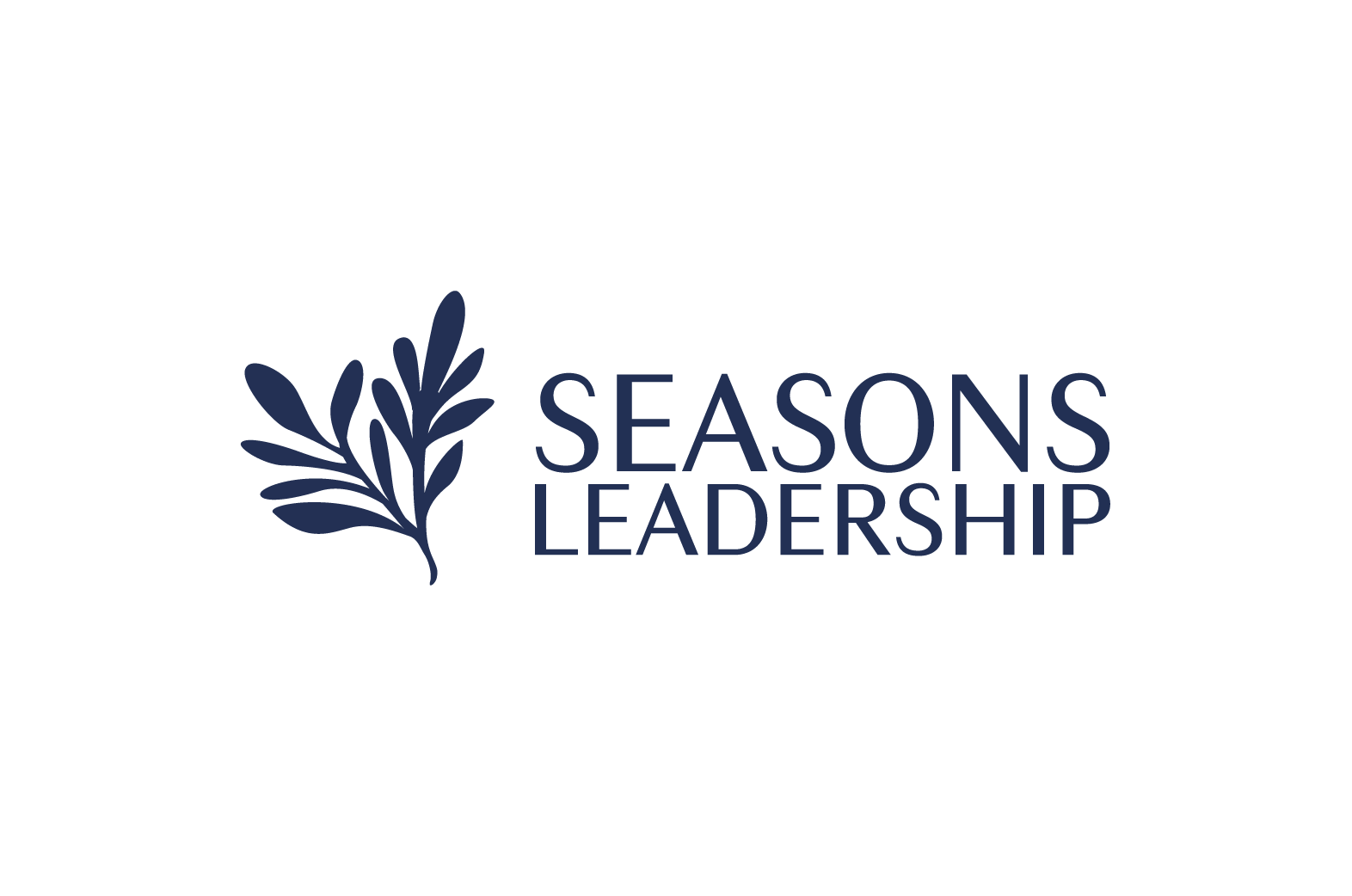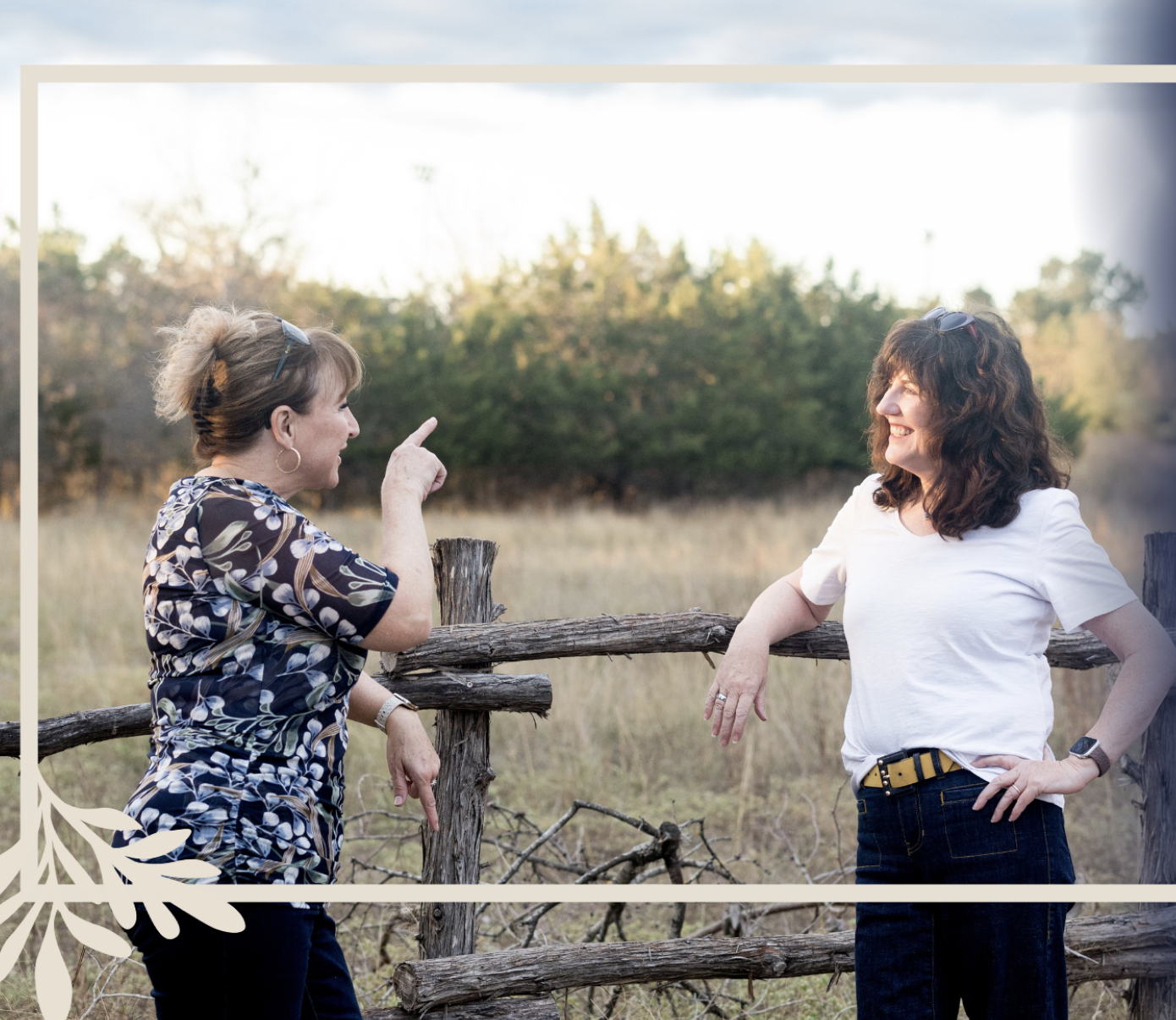Background
My career spanned 43 years working in the aerospace sector, the majority of which was with McDonnell, McDonnell-Douglas, Boeing through a succession of mergers. I was fortunate to work with many talented people and lead successful teams as recognized by two Malcolm Baldrige awards in different sectors: Manufacturing with the C-17 Program and Service with the Aerospace Support Division. Working my way from an entrance-level engineer in 1964, I retired from Boeing as president of Aerospace Support in 2004.
Although on paper my background reads remarkably well, in truth my journey to leadership was in fits and starts at best. As I reflect, I made steady, but slow progress up the management ranks. Others rose much faster, and although I was well respected for the results I achieved and by the teams that I led, it took quite some time to “get the big step-up.”
There are too numerous to count leadership books available, many are excellent – indeed I and my colleague and friend Debbie Collard have even penned one. Although I learned many tips and tricks from books and leadership classes, they can teach you the high-level concepts, however what you really need is how to create the culture to facilitate them and examples of putting them into practice, real-world examples. In this column I hope to provide some of that real life experience – things I implemented both intentionally and, in some cases unintentionally, of which I then learned were critical to my success as a leader. I call these examples “leadership stories.”
Establishing your leadership filter
So, what can you do with these leadership stories? Although they may not be directly implementable to every situation, I hope they highlight the power of this approach and motive you to do similar things. At a conference, I was introduced to the concept of an organization being surrounded by a filter of the values embedded in its culture. These values are established by the leader of that organization for good or for bad both intentionally and unintentionally. The leadership stories you employ will help establish your leadership filter!
My enlightenment
My first major leadership role was as vice president and general manager of the C-17 Airlift Program. I am a typical engineer with a strong work ethic and not much focus on the emotional side of relationships, typically “left brained.” Early on, one day my chief of staff (Bob) mentioned to me that his wife was in the hospital. I immediately told him if he needed to go with his wife he should leave as I believed in the value “family first.” The following week I made a point of asking Bob how his wife was doing. He told me but was amazed that I remembered that she was unwell. From that point on he was my life-long friend and supporter and probably shared my caring with his co-workers.
I realized that I needed to develop the skills to do more caring for others but wanted to ensure that it was sincere and welcomed. From my engineer-imprinted (left) brain this took time for me to be at ease with developing the “right” side of my brain. Over the next seven years I developed these types of skills that I believe contributed greatly to our culture and success. It takes more than a strong work ethic and high-level skills to truly lead. The team must believe in you and want to support you – a “buy-in” of sorts. For me this required the development of the personal attention to team members; it is “people first” along with “family first” – as this is integral to the work ethic and quality.
Later on, Bob came to me with a request for a promotion. He was in the technical specialist track (non-management) and was soon to retire and shared that he would like to retire at a higher level with its more imposing title. I checked with HR and found that with the large overlap in the salary/grade levels he could be promoted without any increase in pay or change in assignment. He was delighted with the outcome and retired happily a little while later. This reinforced my belief in how powerful demonstrating caring for employees can be.














